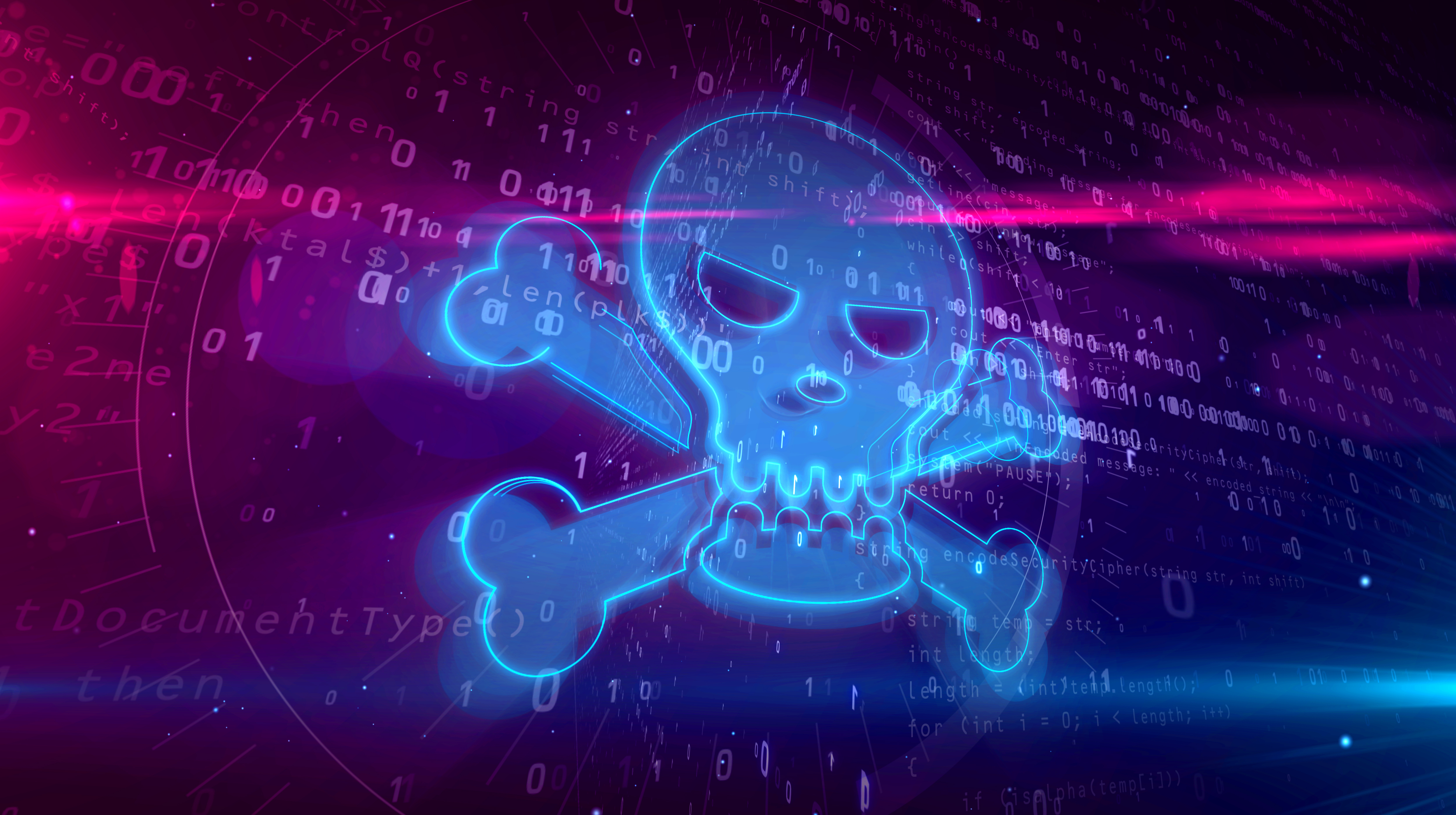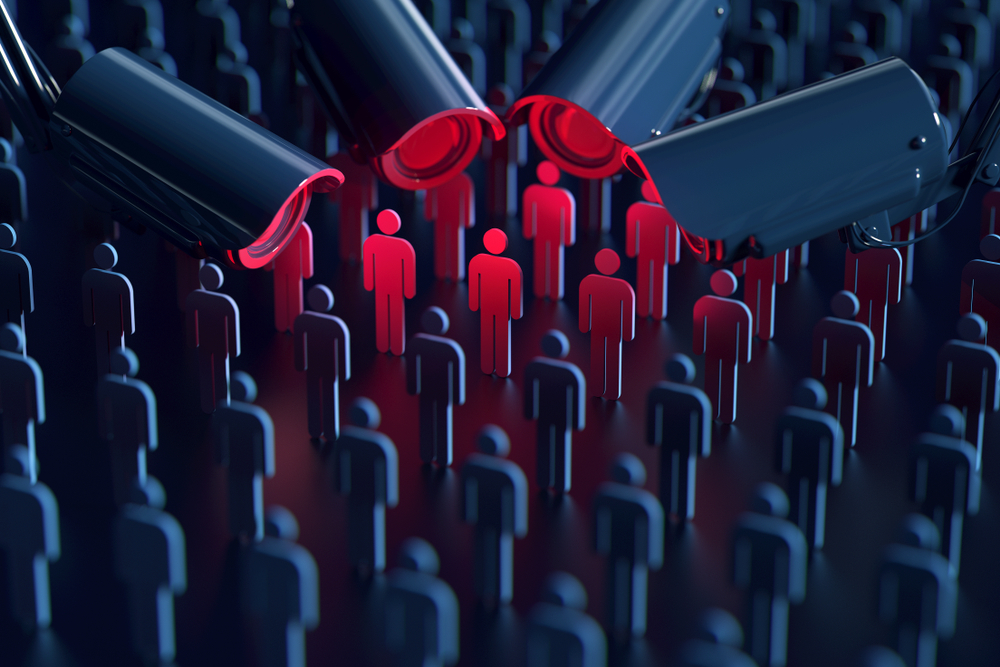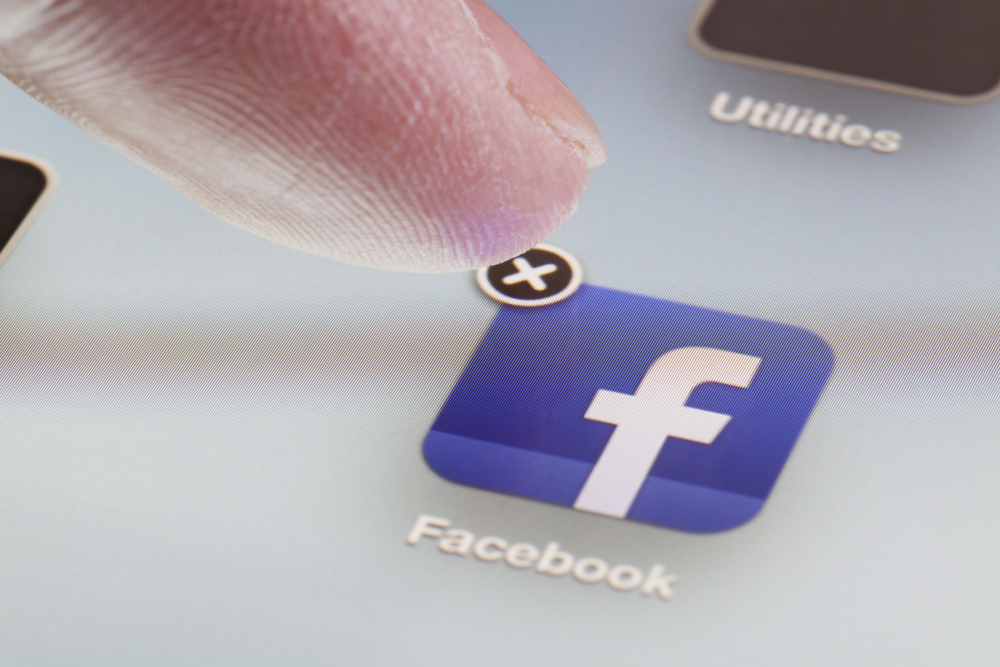A question of piracy
Can software piracy help boost sales, or should vendors give up the battle and set their products free?

While pirates were once seafaring robbers, these days the more common definition is "one who infringes another's copyright or business rights or who broadcasts without authorisation" selling software, music or computer game CDs from a market stall in the East End or via P2P across the Internet.
One doesn't have to approve of illegal copying to realise that this definition covers a multitude of sins, some of which, paradoxically, work to the advantage of the owners of the copyright, and some of which reflect changing cultural perceptions of the ownership of ideas.
The most common myths attached to the notion of copyright piracy are that the music, film and software industry profits are fatally compromised by P2P networks and MP3 downloads, that each unit distributed in this way results in an equivalent loss for the industries concerned, and that there is never a gain for the copyright holders in the illicit distribution of their products.
Revenues have taken a dip and copying may be complicit in this but piracy can produce some benefits, and business knows it. More importantly, a significant number of users participate in the downloading, sharing and copying of computer files, and the network and mobile technologies that make this possible cannot be uninvented'.
Pirated music payoff
Any PR consultant, advertising hack, tabloid journalist or Britney Spears will tell you that exposure is what sells a product. For instance, in the music industry, marketing is predicated on the knowledge that word of mouth and airplay increase sales so everything is oriented towards getting more airplay.
Copied tapes and downloaded MP3s have the same effect. They advertise the final product, raise the profile of the artist, and sell more factory-wrapped CDs. This is especially true in an age when radio play is increasingly confined to golden oldies and industry-designated playlists.
Get the ITPro daily newsletter
Sign up today and you will receive a free copy of our Future Focus 2025 report - the leading guidance on AI, cybersecurity and other IT challenges as per 700+ senior executives
Many well-established artists gained their current status with minimum assistance from record companies, by word of mouth and mix tapes. It is doubtful if any music fan has not, at some time in their lives, copied, lent or borrowed cassette tapes of music seldom heard on the radio, which has ultimately promoted the final product and increased the revenues of relatively unknown artists and their record companies.
In more recent times, tapes and word of mouth has been replaced by viral marketing through the likes of FaceBook, MySpace and mailing lists - a method that has created high profile success for artists such as Lily Allen and The Arctic Monkeys. Unauthorised copying of a product can and does increase revenue and sales. The ability to sample something before you buy it makes it more likely, not less likely, that you will buy the product.
And on to software
The proprietary software industry faces similar problems. The manufacturers of Eastern Europe and South East Asia, which mass-produce identikit copies of products and packaging in total imitation of the original, may represent a threat to the proprietary software companies. Still, the reduced prices at which these are sold may actually have the effect of increasing the market, rather than reducing it. There are plenty of studies by economists that argue that wide dispersal of pirated copies of software has the effect of promoting the pirated product and, paradoxically, increasing sales.
-
 Bigger salaries, more burnout: Is the CISO role in crisis?
Bigger salaries, more burnout: Is the CISO role in crisis?In-depth CISOs are more stressed than ever before – but why is this and what can be done?
By Kate O'Flaherty Published
-
 Cheap cyber crime kits can be bought on the dark web for less than $25
Cheap cyber crime kits can be bought on the dark web for less than $25News Research from NordVPN shows phishing kits are now widely available on the dark web and via messaging apps like Telegram, and are often selling for less than $25.
By Emma Woollacott Published
-
 New malware uses search engine ads to target pirate gamers
New malware uses search engine ads to target pirate gamersNews MosaicLoader uses advanced obfuscation techniques to avoid detection
By Danny Bradbury Published
-
 US big tech suffers as federal privacy bill delayed
US big tech suffers as federal privacy bill delayedNews Firms must comply with California's strict data laws in lieu of a federal bill
By Erin Paulson Published
-
 Liberty defeated in ‘snooper’s charter’ legal challenge
Liberty defeated in ‘snooper’s charter’ legal challengeNews High court rules the government’s Investigatory Powers Act doesn’t breach human rights
By Keumars Afifi-Sabet Published
-
 Premium email firm Superhuman ends pixel tracking after backlash
Premium email firm Superhuman ends pixel tracking after backlashNews The email plugin startup removed read receipts by default after accusations of surveillance
By Bobby Hellard Published
-
 GDPR is not enough to win back customer trust
GDPR is not enough to win back customer trustIn-depth When it comes to building new services, industry experts believe there should be a collective responsibility for data security
By Mark Samuels Published
-
 UK Prisons trial facial recognition to stop drug smugglers
UK Prisons trial facial recognition to stop drug smugglersNews Biometric technology used to catch visitors supplying contraband
By Bobby Hellard Published
-
South Wales Police given ultimatum to drop facial recognition tech
News Ex-councillor Ed Bridges has given the force two weeks to drop tech that "violates privacy rights"
By Bobby Hellard Published
-
 Facebook suspends hundreds of apps for misusing user data
Facebook suspends hundreds of apps for misusing user dataNews An internal investigation into data misuse by Facebook apps has led to a raft of suspensions
By Tom McMullan Published